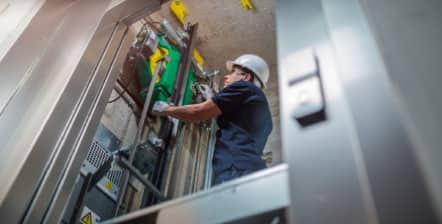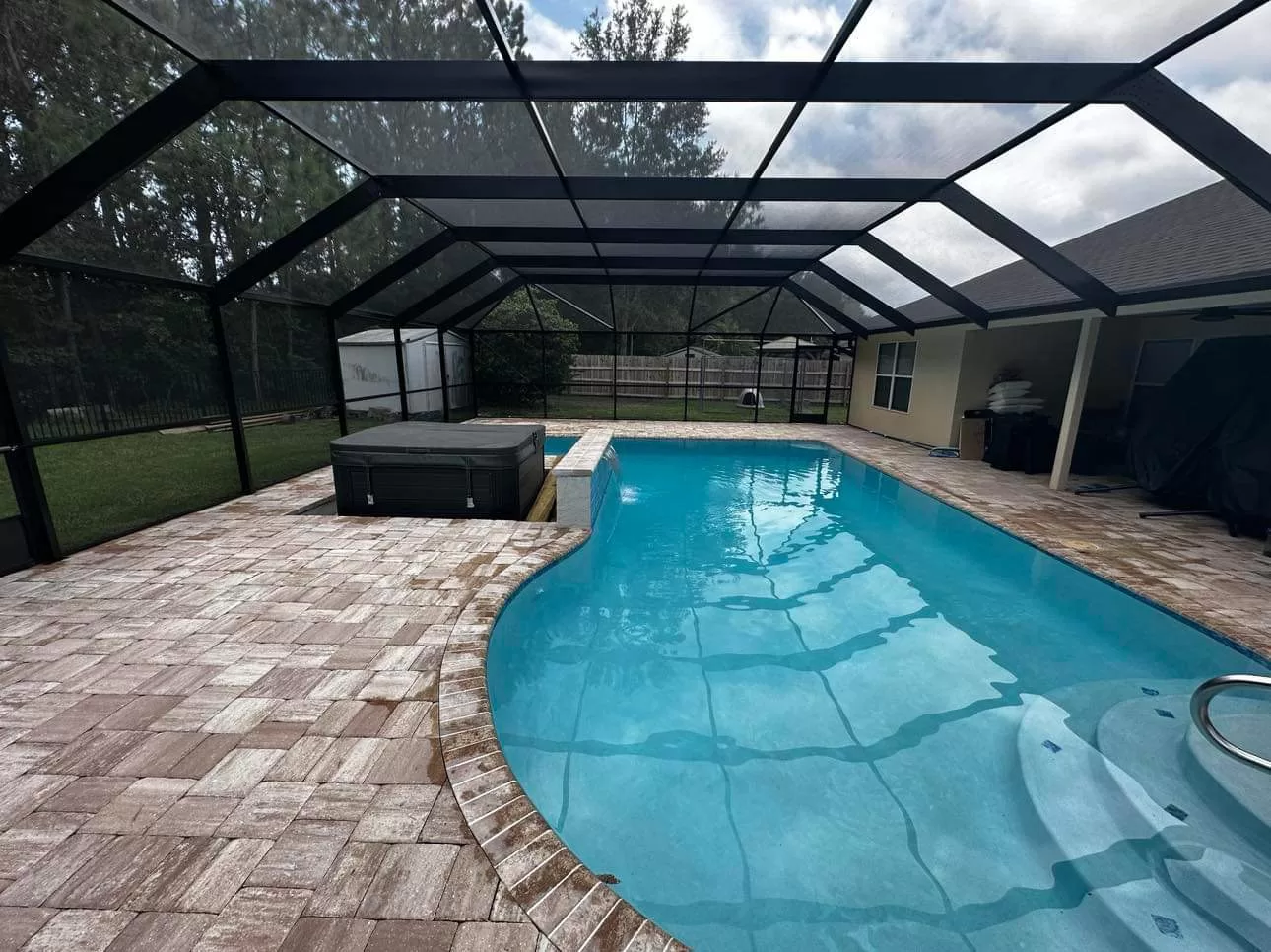
Planning a conference can be a daunting task. From finding the perfect venue to coordinating speakers and managing registrations, there are countless details to consider. This is where professional conference planning services come in. By partnering with experienced professionals, you can turn your ideas into a successful reality. In this article, we will explore the power of professional conference planning services and how they can help you bring your vision to life.
The Benefits of Professional Conference Planning Services
Expertise and Experience
- Professional conference planners have the knowledge and experience to handle all aspects of conference planning, from start to finish.
- They have established relationships with vendors, venues, and other key players in the industry, which can help save time and money.
- Their expertise allows them to anticipate and address potential issues before they become problems, ensuring a smooth and successful event.
Time and Stress Savings
- By outsourcing the planning and execution of your conference to professionals, you can save valuable time and reduce stress.
- This allows you to focus on other important tasks, such as developing content and engaging with attendees.
- Professional planners handle all the logistics and details, so you can relax and enjoy the event without worrying about the behind-the-scenes work.
Key Services Offered by Professional Conference Planners
Venue Selection and Management
- Professional conference planners have the expertise to help you find the perfect venue for your event, taking into account factors such as location, capacity, and amenities.
- They can negotiate contracts and manage all communications with the venue, ensuring that everything runs smoothly on the day of the event.
Speaker Management
- Conference planners can help you identify and secure high-quality speakers for your event, based on your target audience and objectives.
- They can handle all communications with speakers, including contracts, travel arrangements, and scheduling, to ensure a seamless experience for both speakers and attendees.
Marketing and Promotion
- Professional planners can develop a comprehensive marketing strategy to promote your conference and attract attendees.
- They can create engaging content, manage social media campaigns, and handle all communications with potential attendees to drive registration and participation.
Success Stories: How Professional Conference Planning Services Have Made a Difference
Case Study: Industry Conference
- A leading industry association wanted to host an annual conference for its members, but lacked the resources and expertise to plan and execute the event.
- They partnered with a professional conference planning service, who helped them secure a top-tier venue, recruit renowned speakers, and drive attendance through targeted marketing efforts.
- The conference was a huge success, with record attendance and overwhelmingly positive feedback from participants, leading to increased membership and industry recognition for the association.
Case Study: International Symposium
- An academic institution wanted to organize an international symposium on a niche topic, but faced challenges in coordinating speakers from around the world and managing a diverse attendee base.
- They enlisted the help of professional conference planners, who handled all aspects of speaker management, logistics, and registration, allowing the institution to focus on content development and academic programming.
- The symposium was a resounding success, attracting participants from over 20 countries and generating valuable networking opportunities and collaborations for the institution.
Conclusion
Professional conference planning services offer a wide range of benefits, from expertise and experience to time and stress savings. By partnering with professionals, you can turn your conference ideas into a successful reality, without the hassle and headaches of planning and execution. Whether you are hosting a small industry conference or a large international symposium, professional planners can help you achieve your goals and create a memorable event for all involved.








